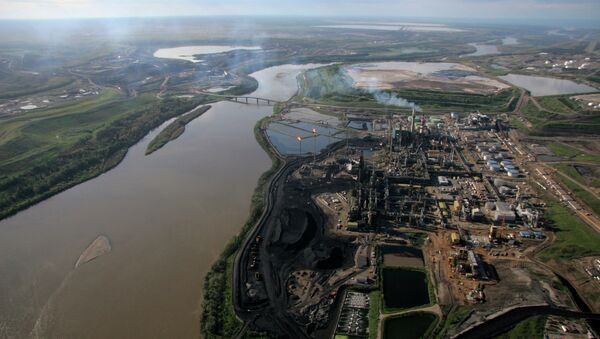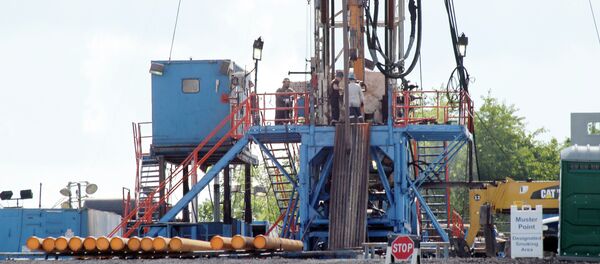The ongoing shale oil boom in the US was initially sparked by low borrowing costs and technological breakthroughs. Now, as the Fed gradually tightens its monetary policy and borrowing costs crawl up, many enterprises in the energy sector have felt the need for extra cash, especially as profit margins increasingly narrow.
In such circumstances the best way to obtain a solid stockpile of greenback liquidity is to sell insignificant assets like drilling rights or oil fields with high extraction costs. However, such assets have not been selling in recent weeks – they have depreciated together with crude far below their nominal price, based on their potential profitability.
“People want to shed assets, but right now there’s a price disconnect between what people want to pay and what they’re willing to sell for. A lot of people are circling each other,” Rob Little of Dallas-based Gibson Dunn & Crutcher told Dallas News.
Energy assets sold recently to the mutual satisfaction of buyers and sellers have occurred on several occasions. In Irving, TX, the famously independent energy enterprise, Pioneer Natural Resources, sold its natural gas facilities in North Texas and some pipeline infrastructure in Eagle Ford. Pioneer’s main activities will now be concentrated around drilling and pumping in West Texas.
Another oil indie, Houston-based Apache Corp. sold-off $1.4 bln worth of energy assets across three states, namely, Louisiana, Oklahoma and, naturally, Texas.
Some companies, however, have been purchasing assets. Halliburton acquired Houston-based oilfield servicing firm Baker Hughes for $34.6 bln.
A similar deal struck recently has signaled the ongoing redistribution of assets in the US energy sector. The industry is levelling its balance sheets among its enterprises and is generally adjusting to lower oil prices. While more sell-offs might be coming soon, it seems like more successful oil drillers will buy less successful businesses in a hazardous monopolization trend. Crude prices are inevitably going to rise in this case.
Looks like that is what is happening now.
However, in case the current adjustment does not invoke a sudden hike in crude prices, a wave of sell-offs in energy sector assets will grow into a tsunami-like wave next year. What it means to US oil production is a possible stock market panic in energy equities and a subsequent slowdown in domestic oil production. However, gasoline will be ever cheaper, boosting consumption and benefitting the economy in general due to decreased fuel expenses.
In the end, international energy giants like Shell will ultimately be eager to acquire dirt-cheap assets in shale oil. But this seems unlikely to happen. The shale oil industry looks as if it is sustainable enough to rearrange under the new market reality.




